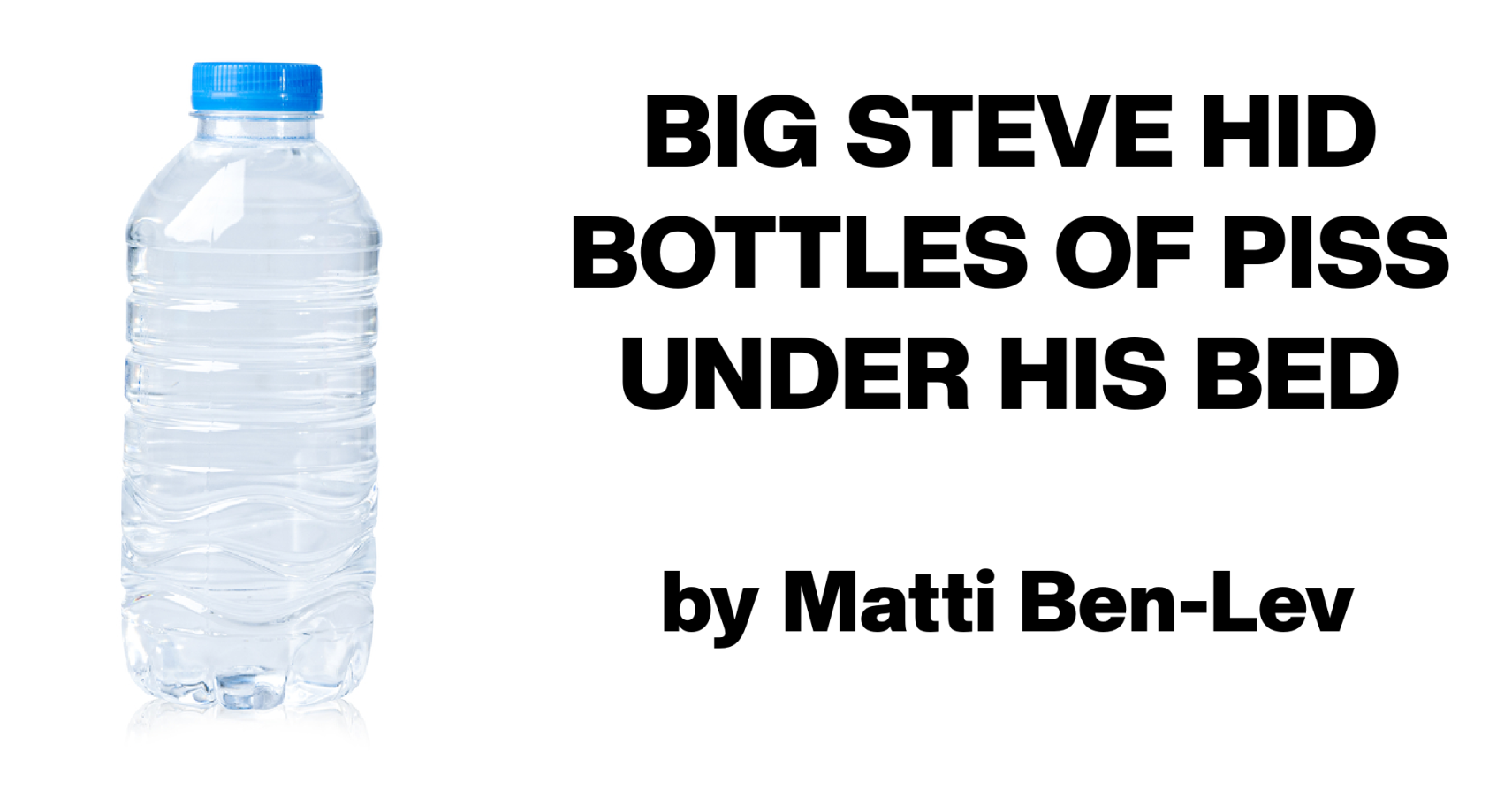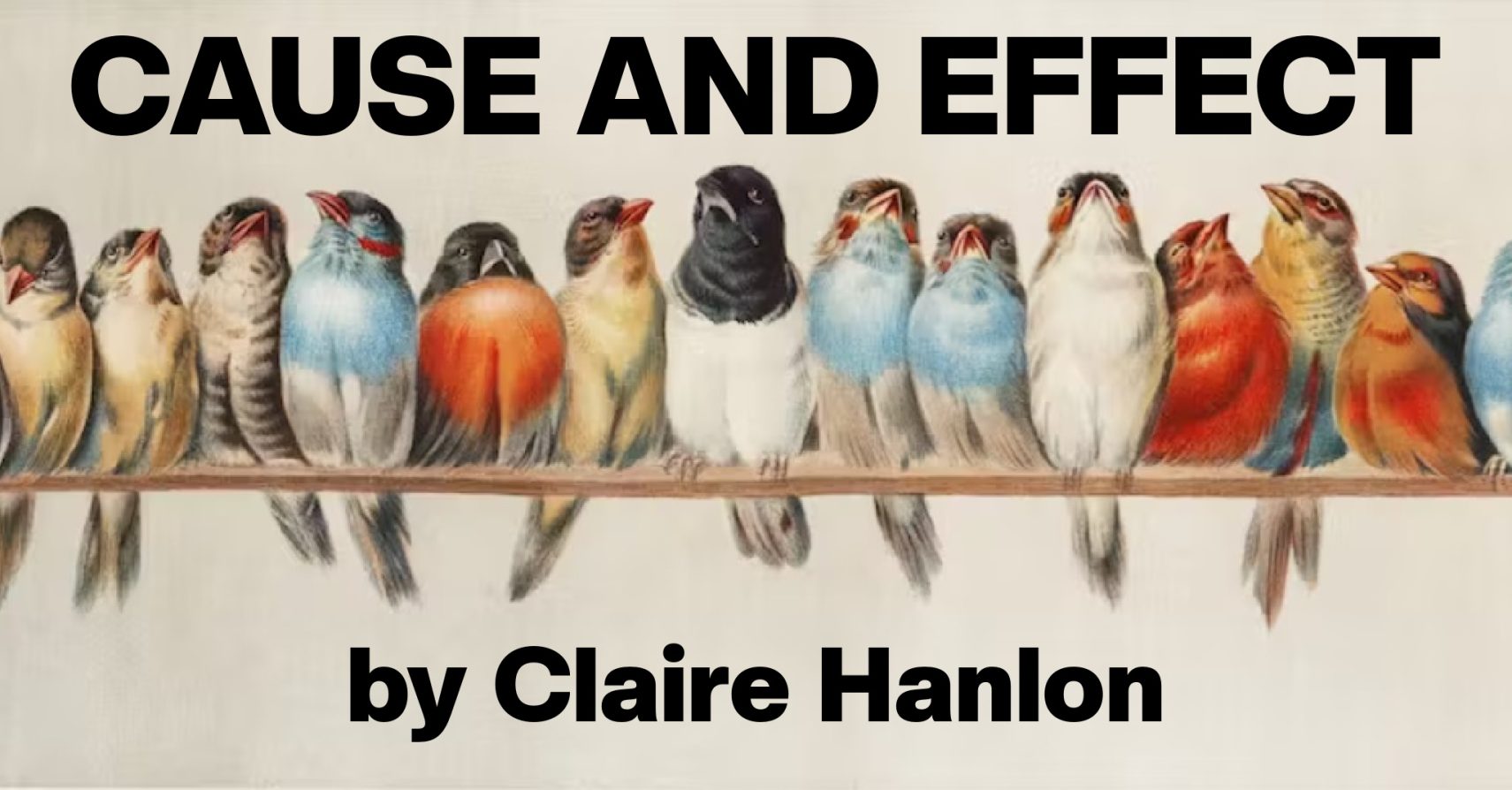
DAWNS by Bright Aboagye
On some days, you’re a ghost to your own body. Some mornings, your bones feel borrowed. Never been yours. Just something you’re renting till it all breaks down. You lie still and feel every joint light up like someone lit a match inside your marrow. *** It’s 4:27 am and you’re staring at your laptop, trying to write a suicide note that sounds less dramatic than it is. All you’ve got so far is, I am tired. Three words. Nothing more. You backspace it and watch the cursor blink like it’s judging you. It’s the only thing in this room…









